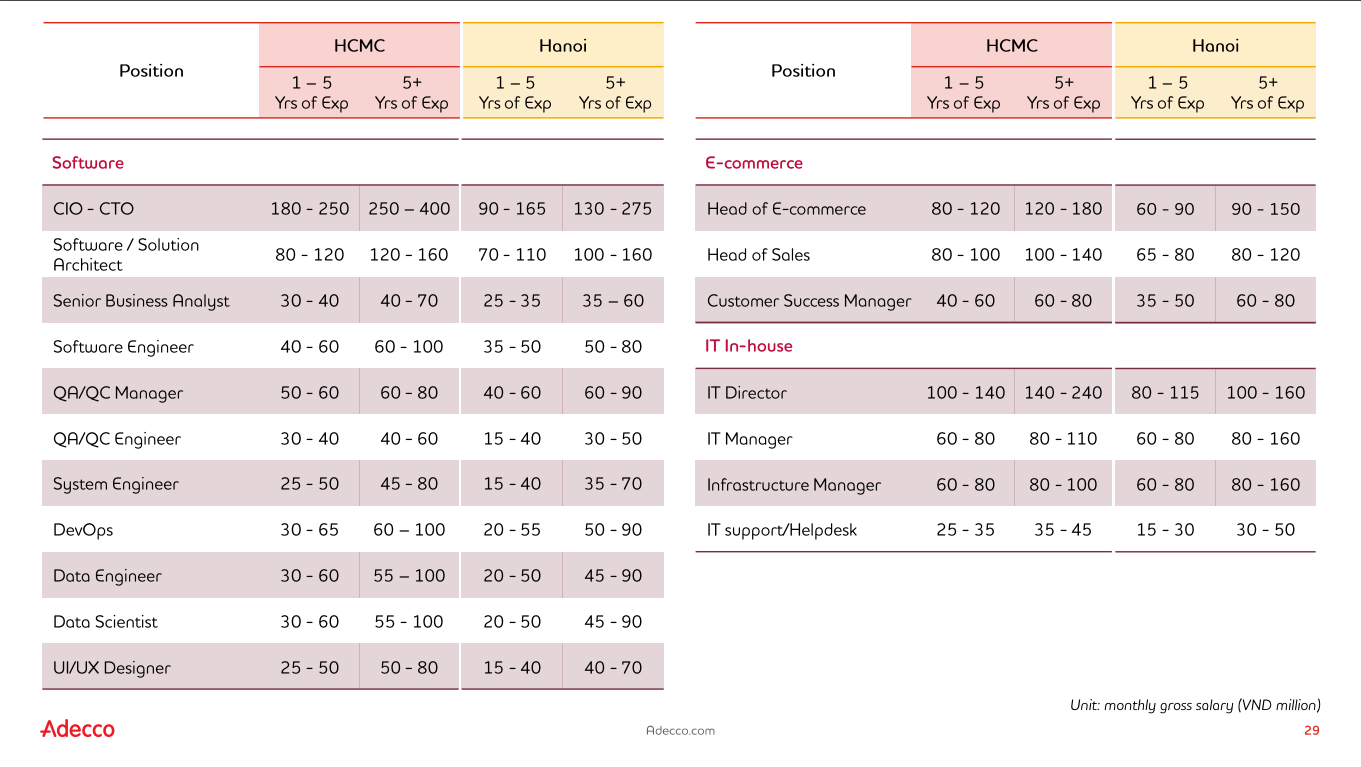It’s wild that Vietnam doesn’t have a functioning student loan system. For a country that prizes credentials so much, it’s strange that the government give out such meager amount of loan to students. The maximum amount that you can borrow from the government, after loads of paperwork to prove that you’re poor, is 4 million VND/month. The tuition fee is around 20 million VND/year. The Vietnamese government ran out of money after COVID, so they are mulling “university financial independence”, which is a polite way of saying “fuck you universities, take care of your own expenses”.
Banks that offer student loan have an insanely complicated application process; it’s nearly unheard of that anyone borrow from a bank to fund their studies. Many people just drop out and work mediocre jobs instead of finishing their study.
Some universities have to take it on themselves to help their students. Vietnam National University Ho Chi Minh City (VNU-HCM) just introduced this year a 0-50% loan for their students, in partnership with banks. Banks will take care of the loan recovery.
This is admirable behaviour, but still it troubles me a bit. If the loan is distributed out to any student regardless of their degree, aren’t we just rebuilding the bloated student loan schemes of the West? And only students with the right paperwork to prove that they are poor can receive the money.
It’s crazy that the brightest minds of Vietnam are denied a chance at changing their lives. Many poor students, hit by the financial impact of COVID, are finding it difficult to attend university. This is a huge human capital crisis: 325,000 students took the university entrance exam, but DIDN’T APPLIED TO ANY UNIVERSITY! Many had grades too low so they gave up, but another popular explanation is that there are many poor students who find the price tag of uni too high, and they might be able to get some mediocre jobs if they flash their good exam results to the right people, and so they drop out of uni. I want to help them, but I also just want my effort to count. For a start, I plan to lend to the smartest, poor STEM students.
To get into university, students must participate in an exam “block”:
-
Block A: Mathematics, Physics, Chemistry; Block A1: Mathematics, Physics, English language; the best in Block As are the god-tier geniuses, the best minds of their generation.
-
Block B: Mathematics, Chemistry, Biology. These are for the doctors.
-
Block C: Literature, History, Geography. These are for the humanities (as if the suffocating culture of VN can produce any significant humanistic achievements).
-
Block D are for foreign language nerds.
One can see that the Block A students are the most promising, so this is where I’ll start. Vietnamese STEM talent is very real; so far either they stay in Vietnam and produce scams like Axie Infinity, or they somehow go abroad and work in AI for Google. If they stay in Vietnam, their salary is much higher than their peers.

The wave of remote working will benefit Vietnamese coders.
Potential pitfalls:
- Since this is deemed a loan, not a grant, the funders who give me the money could ask for the money back. Now what? I think something like a terms and conditions should be made clear that the time horizon is ridiculously long, and it could take something like a decade for a loan to be fully repaid.
- How do you get people to trust you? You’re just a random guy, not backed by any institution.
- As ‘The Brothers Karamazov’ demonstrates, the way you give out money is also important. These are highly talented folks with a lot of pride. What’s the proper way to give to them?
- Should it be a grant, or should it be a loan? If a loan, then how can one overcome the Vietnamese’s aversion to debt? Any how long should the horizon be? How do you deal with the “depositors” who ask for their money back?
Loan is a gazillion time harder than a grant. It’s need an IT system behind it.
Here’s a list of the smartest kids in VN, charting in science in 2022.